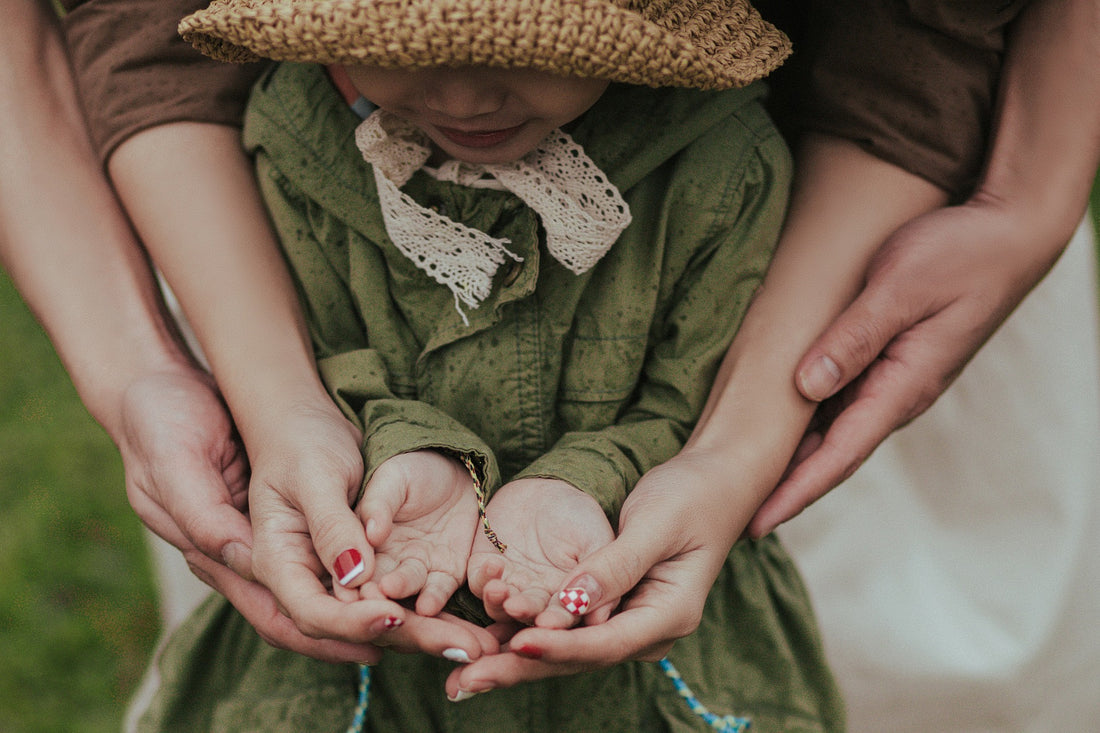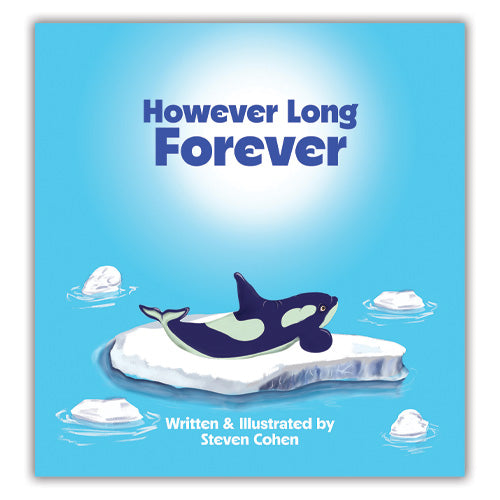
Adoption 101
Share
My friend warned me, when her family came over for dinner, that her daughter was fascinated by adoption and would likely ask me a million questions about our story. I smiled and said, “I’d love it!”
There’s nothing like adoption that will bring out the curiosity in friends, family, and even strangers. Suddenly we’ve become the “experts” to those in our circles who have never adopted. Now, we certainly don’t know all there is – there is a LOT of info out there. But we’ve gathered quite a bit along our journey. And if there’s something I love doing, it’s sitting down over a cup of coffee and sharing what I’ve learned with someone else, be it homeschooling, how to study the Bible, discovering identity/freedom, and, yes, adoption.
So grab your cup of coffee or tea or kombucha – to each his own – and imagine we’re chatting one-on-one. (If I miss your questions here, feel free to share in the comments and I’ll do my best to address them!)
Let’s dive in!
What types of adoption are there?
The primary methods of adoption include: international, domestic through the state, and private domestic. International is adoption that takes place across national borders, for example, an American couple adopting a child from China. (Age range available can be anywhere from about 2-16 years old.) Domestic through the state is adopting children who have gone through the foster care system and whose parents’ rights have been terminated. (Age range available can be anywhere from about 2-17 years old.) Private domestic adoption is typically when a birth mom chooses a family to parent her unborn child; this can be done via word-of-mouth connections or through an agency. (Age range is typically newborns, but can include older children on occasion.)
Which type did you choose and why?
For this adoption, we’ve chosen private domestic through an agency. We look forward to parenting a child all the way from their first hours in life. Given our current ages in life, this will likely be our last attempt at adopting an infant. Future adoption(s) will most likely be domestic through the state, adopting older children who have come through foster care and are in need of a forever family.
Why does adoption cost so much?
Well, it depends on the way you go. International and private domestic adoptions can cost upwards of $25k whereas domestic through the state only costs the adoptive family around $1k. But, consider a couple of factors. In the case of the state, the government is subsidizing the care, which comes from taxpayers. So, there’s a financial cost, just less obvious.
And, even bringing children into the world biologically can be incredibly expensive – each of ours accrued no less than $100k including prenatal care, labor, and delivery for two very high-risk pregnancies. Yes, there was insurance to help, but insurance dues to pay for as well. Either way you go, there’s a financial cost – it just looks a bit different.
Where does the money go?
We’re so thankful to be working with an agency who views their work as a ministry more than anything else! Some agencies are complete shams who will take your money with little to nothing to show for it. In our case, if we end up matched with a birth mom and she later changes her mind, all of our money and every donation given is still intact and is available for use in the next adoptive match.
The money itself for our private domestic adoption covers the home-study, marketing, birth mom and baby care, counseling for birth mom, legal fees, and all processing costs.
What’s the difference between open and closed adoption? Which one is better?
Open adoption means that there is some level of communication and/or interaction between the adoptive family, the child, and the birth parents. Closed adoption means that there is no communication or interaction. But, it’s not just a black or white situation.
Think of open/closed as a sliding scale rather than a door. Depending on the desire of the birth parents and comfort level of the adoptive parents, an open adoption can be limited to mailed pictures every few months or it could be regular visits and the families coming to feel like they’re actually blood-related, sharing special events and frequent interaction.
In most cases, studies have shown that some level of openness is healthiest for the child. Only in cases where the birth parents are dangerous would a closed adoption be a better way.
How long does it take?
It depends on what “it” means. And, how fast you can fill out paperwork and attend required trainings. We began dreaming of adopting before we ever got married. Five years ago we became foster parents, hoping to adopt through that route, which didn’t work for our situation.
Preparing for our private domestic adoption has now been a journey spanning about 2 1/2 years. That includes deciding on which way to go, which agency to use, applications, orientation, ALL the paperwork, doctor visits, home study interviews and visits, fundraising, more fundraising, hundreds of conversations, and now…waiting to receive the call.
Our waiting isn’t over yet. But it will be soon.
What happens when you get “the” call?
When our agency calls us, they’ll let us know that we’ve been chosen by a birth mom as a potential match. We’ll drop everything and set up a time to meet with her just a day or two later. We may have to travel to another part of the state depending on where she is. We’ll get to know each other a bit, with a caseworker present to help ease some of the tension and guide our (nervous) conversation. Then, we’ll wait for the birth.
The birth mom has to wait 48 hours after birth before she can legally sign away her parental rights. Once that’s done, the baby is placed with us and we can bring them home. About six months later, we will go to a court where a judge will finalize the adoption and legally we will become our child’s forever family.
Where can I get more information on adoption?
If you’re in the DFW area, take a look at Chosen Ones, an adoptive and foster care support group. They host regular info meetings and provide ongoing support for the unique situations adoptive and foster families experience. Also, check out our agency, Christian Homes & Family Services. They can help you with all kinds of domestic adoption as well as foster care.
So, what questions do you have? Have you considered foster care or adoption for your family?
God loves adoption because He loves people. (James 1:27)
He is a Father to the fatherless. (Psalm 68:5)
He sets the lonely in families. (Psalm 68:6)






